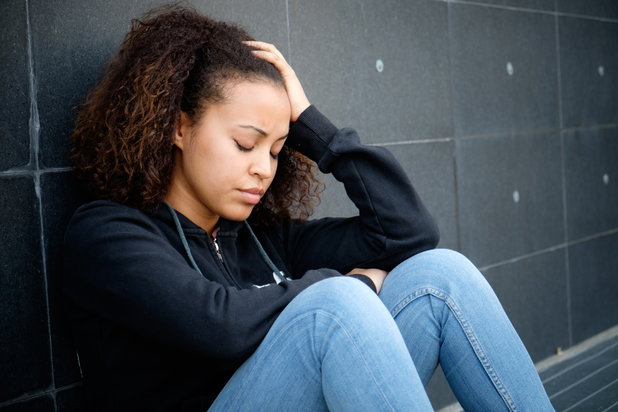Borderline Personality Disorder and Bipolar Disorder are two different disorders, yet they are commonly mistaken as being one and the same. While the two mental disorders do share some similarities, it’s important to understand the difference between the two when making a mental health assessment or diagnosis and receiving treatment.
In order to differentiate the two disorders, we need a better understanding of each condition to help clear up any misconceptions.
Bipolar Disorder
Let’s start with bipolar disorder, which is commonly misdiagnosed as depression or anxiety. Classic bipolar disorder is characterized by a drastic change in mood and/or behavior. Those with bipolar disorder tend to cycle between extreme highs—or mania—and deep lows of depressive episodes. Manic and hypomanic (less extreme mania) episodes include racing thoughts, the need for less sleep, risky behavior, euphoric feelings, and increased energy levels among other symptoms.
The swing to a bipolar depressive episode must last at least two weeks and be characterized with symptoms such as depression, loss of energy, more sleep than normal, feeling empty or hopeless, and a loss of interest or enjoyment in activities. Weight changes and suicidal thoughts may also be present. Suicidal thoughts must be taken seriously and may be present during both depressive and manic episodes.
Treatment for bipolar disorder includes mood stabilizers, antidepressants, antipsychotics, and sometimes anti-anxiety prescription medication combined with cognitive-behavioral therapy (CBT). More than one medication may be used, depending on the variety and severity of symptoms. Keeping the bipolar person’s mood as stable and balanced as possible is key to managing the symptoms.
Borderline Personality Disorder
So how is bipolar disorder (BD) similar to its counterpart, borderline personality disorder (BPD)? Both disorders have erratic energy levels, but while BP swings between both elation and depression, BPD is characterized by a larger frequency of depression with shorter bouts of anxiety, impulsivity, or elation. BPD sufferers also experience hypomania—in this case, the mania is characterized by irritability, anxiety, negative mood impulses, and self-destructive behavior, whereas bipolar mania is more euphoric. Both disorders result in high levels of anxiety, impulsivity, and neuroticism.
Individuals coping with BPD may be uncertain about how to view themselves and others, with trouble managing their emotions and a very unsteady sense of self. Relationships with others are also highly unstable. Classic symptoms as listed in the DSM (Diagnostic and Statistical Manual) range from a poor or unstable sense of self to anger and extreme mood shifts. Those with BPD also experience empty feelings, thoughts of self-harm, and a feeling of being cut off from reality. The condition, much like bipolar disorder, commonly co-occurs with substance abuse.
Therapy and Treatment
Both disorders are widely treated with medications and therapy, although the evolving nature of BPD makes it hard to diagnose medication. According to the National Institute of Mental Health, there is not much benefit as of yet to using medication to control BPD. Instead, medication may be used to treat certain symptoms of the disorder. Using skills taught in therapy, the person with BPD can learn to live life with their symptoms in a less reactive way. BPD is commonly treated with dialectical behavioral therapy (DBT). This type of therapy helps to teach mindfulness, coping skills, and acceptance.
BP and BPD are widely stigmatized through public misconception, and lumping the two disorders as one certainly doesn't help. Perhaps they are commonly misconstrued because the two disorders sound similar to each other. Regardless of the difference between the two, both disorders deal with the “cycling” of moods.
As research on both BP and BPD becomes available, the public will be able to differentiate one from the other. Also, those living with either condition will have a better understanding of their symptoms and how to get treatment.
If you or someone you know is seeking professional help, please visit our directory of mental health resources or call 800-891-8171 to start the path to recovery today.








